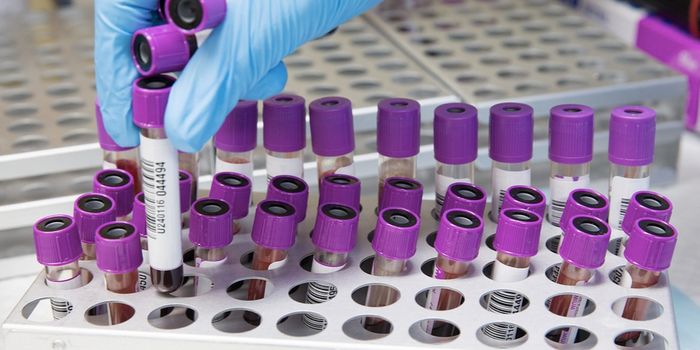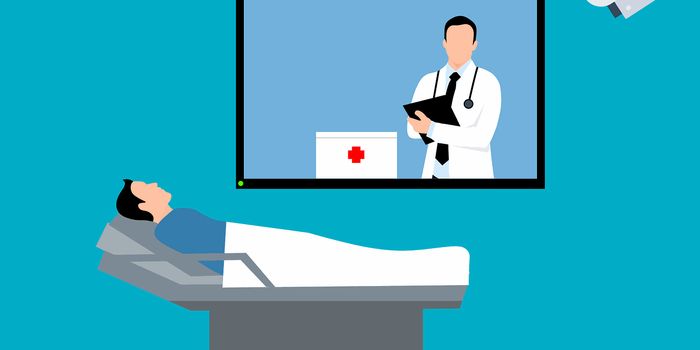Precision medicine is an emerging field where clinicians tailor treatment plans for each individual based on their genetic history, lifestyle, and environment. And a big part of making this a reality is understanding how cells interact with drugs on an organ-system level.

In order to create a better platform for drug screening in vitro, scientists at the University of California, Irvine developed miniature versions of organs in 3D, otherwise known as “organs-on-a-chip.” According to the team, their mini organs “capture the complexity of in vivo physiology,” including perfused microvessels.
"This is truly a unique platform -- we have recreated in a dish the key element common to all tissues, which is that they depend on blood vessels for their survival. This feature is missing in all previously described in vitro organ cultures," Hughes said.
Expanding on this platform, the team, led by Christopher Hughes, created an arrayed version of the vascularized micro-organs (VMOs) on a 96-well plate. Because each VMO is completely independent from other VMOs, one plate can be used to run a series of tests all at once. Furthermore, the platform is amenable to automation and high-throughput analysis, which would also significantly increase its efficiency.
So far, the team tested a small library of drugs on vascularized micro tumors with great success. "This is a major breakthrough," said Hughes, "For the first time we can identify in the same assay drugs that target both tumor cells and the vessels that feed them."
Future drug screens that use 3D mini organs such as this may provide more accurate data for drug safety and efficacy than previous methods. In so doing, researchers may be better informed about which drugs will have the best odds in human clinical trials, potentially saving years and millions of dollars in the process.
Additional sources: University of California - Irvine via Science Daily

![[Guide] 7 Strategies to Boost Laboratory Collaboration](https://d3bkbkx82g74b8.cloudfront.net/eyJidWNrZXQiOiJsYWJyb290cy1pbWFnZXMiLCJrZXkiOiJjb250ZW50X2FydGljbGVfcHJvZmlsZV9pbWFnZV83YzBjZWIwM2Y5YzI4MmFlYzBhZDZhMTcyNTQ1ZGU3YmE4Y2MzMDYyXzUxNDkuanBnIiwiZWRpdHMiOnsidG9Gb3JtYXQiOiJqcGciLCJyZXNpemUiOnsid2lkdGgiOjcwMCwiaGVpZ2h0IjozNTAsImZpdCI6ImNvdmVyIiwicG9zaXRpb24iOiJjZW50ZXIiLCJiYWNrZ3JvdW5kIjoiI2ZmZiJ9LCJmbGF0dGVuIjp7ImJhY2tncm91bmQiOiIjZmZmIn19fQ==)






